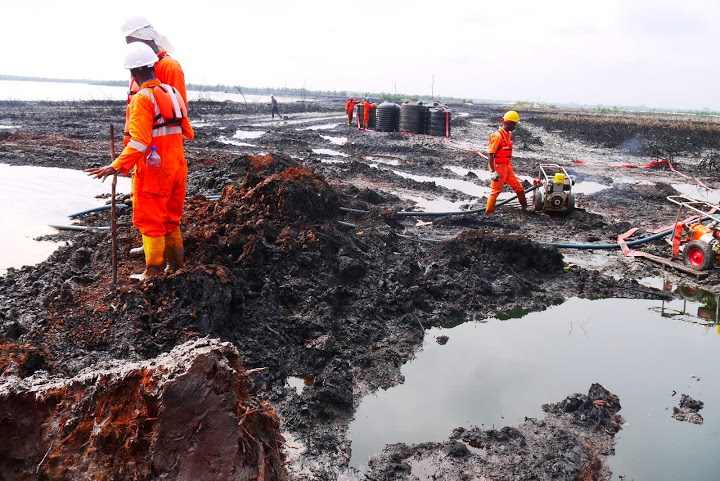Company News
Oil Spill: Shell Spills 5 Barrels of Oil in Bodo Community Rivers State
Shell has spilled five barrels of crude oil from its Trans Nigeria Pipeline (TNP) into the Bodo community in Gokana Rivers state

Company News
Meta Fires Employees For Using Office Free Meal Vouchers to Buy Household Items
Company News
Flour Mills of Nigeria to Invest $1 Billion in Expansion and Restructuring Over Four Years
Company News
Again, NNPCL Fails to Make Port Harcourt Refinery Functional After Several Promises
-

 Education4 weeks ago
Education4 weeks agoFederal Government Approves 133% Allowance Boost for NYSC Members, Now ₦77,000
-

 News3 weeks ago
News3 weeks agoBbnaija’s Wanni Wins Innoson Car Challenge, Secures First Vehicle with Twin Sister
-

 Business3 weeks ago
Business3 weeks agoNigerian Businesses Slash Dollar Exposure as Naira Depreciation Deepens
-

 Technology3 weeks ago
Technology3 weeks agoOpenAI’s Valuation Soars to $157 Billion After $6.6 Billion Funding Round
-

 Investment4 weeks ago
Investment4 weeks agoVice President Shettima Calls on Global Investors to Trust Nigeria’s Economic Reforms at UNGA
-

 Investment3 weeks ago
Investment3 weeks agoFG Secures $200m Afreximbank Investment For Creative Industry
-

 Telecommunications4 weeks ago
Telecommunications4 weeks agoTelecom Firms Face N56 Billion Monthly Diesel Bill Amid Power Woes
-

 Banking Sector3 weeks ago
Banking Sector3 weeks agoUnity Bank, Anwbn Empower Women Entrepreneurs With Ai, Digital Marketing Skills























